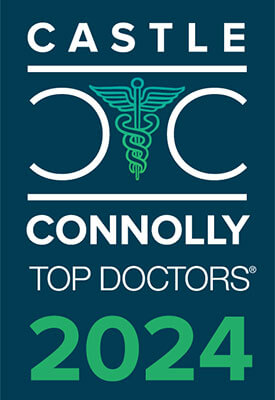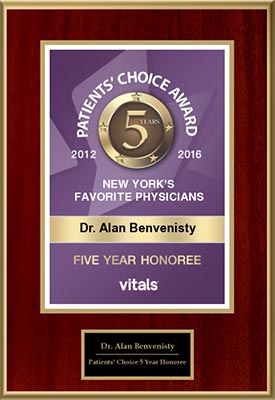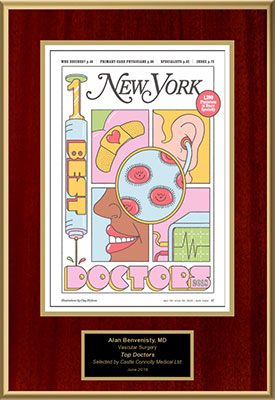What Puts You at Greater Risk of Deep Vein Thrombosis?

Perhaps the most potentially deadly medical condition you have never heard of is deep vein thrombosis. Yet, in contrast to heart attacks and strokes, this pervasive cardiovascular problem does not elicit much public interest or attention.
However, about 300,000 Americans suffer from deep vein thrombosis each year, which results in a clot forming in a deep vein, usually in one of the legs. Pulmonary embolisms are a leading cause of death in hospitalized patients, and deep vein thrombosis-induced blood clots are a significant cause.
About Deep Vein Thrombosis
Deep vein thrombosis happens when blood clots form in a vein deep under the skin. It can affect any vein, but usually large leg veins (thigh or lower leg).
Deep vein thrombosis usually has no symptoms or warning signs. However, when symptoms appear, they include swelling, redness and pain in the affected vein.
If left untreated, deep vein thrombosis can result in chronic vein inflammation, varicose veins, venous claudication, chronic venous insufficiency and skin ulcers near the affected vein. In addition, deep vein thrombosis clots can break off and travel to the lungs, causing a pulmonary embolism or heart blockage.
New clots are more likely to break off, travel through your bloodstream and endanger your health or life than older clots. Knowing the risk factors can help you avoid this problem.
Risk Factors that Increase Chances of Deep Vein Thrombosis
Age is a significant risk factor for deep vein thrombosis (over 50), but anyone at any age can get it, as there are other potential causes.
Exogenous risk factors include surgery, hospitalization, immobility, smoking, trauma, pregnancy and puerperium and hormone use. Endogenous risk factors include cancer, obesity, pulmonary embolism and inherited and acquired hypercoagulation disorders.
Prolonged Inactivity
Deep vein thrombosis occurs when blood flow in veins slows or changes. This can happen spontaneously, but is usually external. Examples include bed rest, sitting for hours every day or sitting in one position for too long (like in a car or plane).
Increased Estrogen
Having above-average estrogen levels can also increase your risk of developing deep vein thrombosis blood clots. Examples include taking hormonal birth control and hormone replacement therapy. In addition, pregnant and postpartum women have a higher risk because pregnancy increases estrogen.
Vein Injury
Damaged veins are at risk for deep vein thrombosis. For example, if a fracture or muscle injury in your pelvis or leg affects a vein, you may develop deep vein thrombosis. In addition, certain surgeries (hip, knee, bariatric or female pelvic) increase the risk, as do dialysis catheters and PICC lines.
Hypercoagulable States
Hypercoagulable states are diseases or conditions that make blood clot more easily. Examples include cancer, heart disease, lung disease and autoimmune disorders (lupus, inflammatory bowel disease).
Deep Vein Thrombosis Treatment
Deep vein thrombosis is easy to treat and preventable if detected and treated early. Anticoagulant medication (blood thinners) is usually enough to reduce the size and threat of these deep-vein blood clots.
Dr. Benvenisty can assist you if you are concerned about your risk factors or require treatment for deep vein thrombosis. Call us today to schedule a consultation.
Posted on behalf of
440 West 114th St, Second Floor
New York, NY 10025
Phone: (212) 523-4706
Monday & Friday 9:00 AM – 5:00 PM







